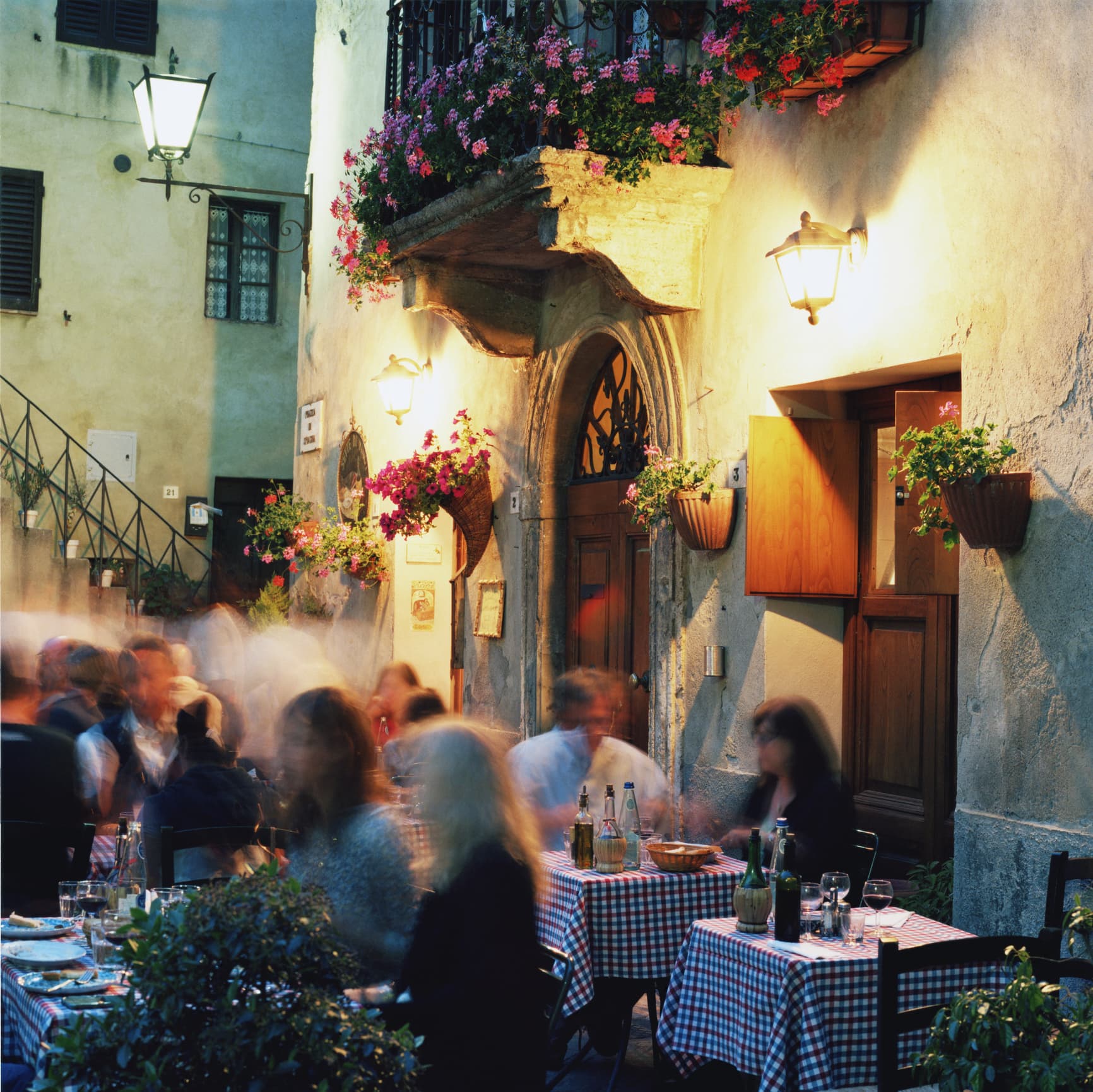
When you use a guidebook, you’re limited by its contents.
The advantage of using ChatGPT is that it can take you down any track you want.
It’s even possible to uncover hidden gems – if you ask the right questions.
Like finding pasta cooked by a “nonna” in an Italian restaurant frequented by locals, or getting a brunch recommendation to eat at E Pellicci in London — a fabulous spot that might be obscure to tourists.
I used the chatbot to make a customized trip to Tuscany. Here’s what worked — and what didn’t.
Step 1: Get the lay of the land
First, get an overview of your destination by:
- asking specific questions
- getting recommendations with links
- including where you don’t want to go
Make sure to stay within a single chat — the information is retained and builds up. I got the best results when I broke up those requests like this:
“Can you give me the unmissable things to do and hidden gems in Tuscany with a focus on being physically active while, excluding Florence and Siena because I’ve already been there? Could you include descriptions, websites, approximate prices and addresses?”
I also asked for historical context to round out the overview.
“Can you provide a historical overview of Tuscany and list top sites to visit? Again, including websites.”
From here, I could quickly scan the suggestions and click on websites to find timings, prices and photographs. I ignored activities I did during my last visit, like wine and olive oil tastings.
Lisa Lucas is an American travel writer who lives in London.
Source: Lisa Lucas
ChatGPT recommended I visit the Terme di Saturnia hot springs, kayak around Elba Island, cycle in Val d’Orcia, see the Renaissance hill town of Pienza, and go truffle-hunting and Pecorino-tasting — all activities that appeal to my interests.
I then cut and paste physical addresses into a customized Google map to view places and see the distances between points. This made it clear that I needed to focus my trip on southern Tuscany, which helped me narrow my search for accommodations.
Step 2: Finding a hotel
To find a place to stay, write a prompt that names the type of accommodation, amenities and price point that you want.
In a tourism-heavy region like Tuscany, options and prices are broad. A house can be $8,000 a night in high season, so it’s useful to clarify rates at the start.
“Can you find a boutique hotel that was a former villa, with a pool, quality restaurant and good views for under $500 a night in August?”
Of the four results, three were spot on.
Step 3: Finding restaurants
Tuscany is renowned for its food, but it has a lot of restaurants that cater to tourists. To uncover a genuine Tuscan experience, use prompts such as:
“Can you recommend authentic restaurants locals love that are known for quality and flavor near Val d’Orcia, with websites and reviews?”
ChatGPT understands queries about where locals like to eat, and being specific gets better results.
To find “hidden gem” restaurants in Val d’Orcia, the more specific the question, the better, says travel writer Lisa Lucas.
Lanzellotto Antonello | Agf | Universal Images Group | Getty Images
I doublechecked ChatGPT’s recommendations with popular review sites, and I found three restaurants with the type of comments that would lead me to book a table — such as “going multiple times,” “stunning view,” and “lots of locals.”
ChatGPT’s limitations
Of course, there are limitations to using ChatGPT to plan a trip, namely:
- Content is current through September 2021, although you can pay for plug-ins that have additional information.
- It can generate inaccurate information and websites. In France, it detected destinations reachable by boat from Nice, but recommended boat companies that didn’t depart from Nice.
- It’s not good at sequencing an itinerary, especially within a city. Itineraries for cities like Paris or Rome tend to flit around from one side to the other.
And key information can be left out. For London, it recommended I visit Columbia Road Flower Market, but failed to state that it’s open only on Sundays.
Right now, there’s no way to book trips either. But in the future, who knows what’s possible?
This article was originally published on CNBC

